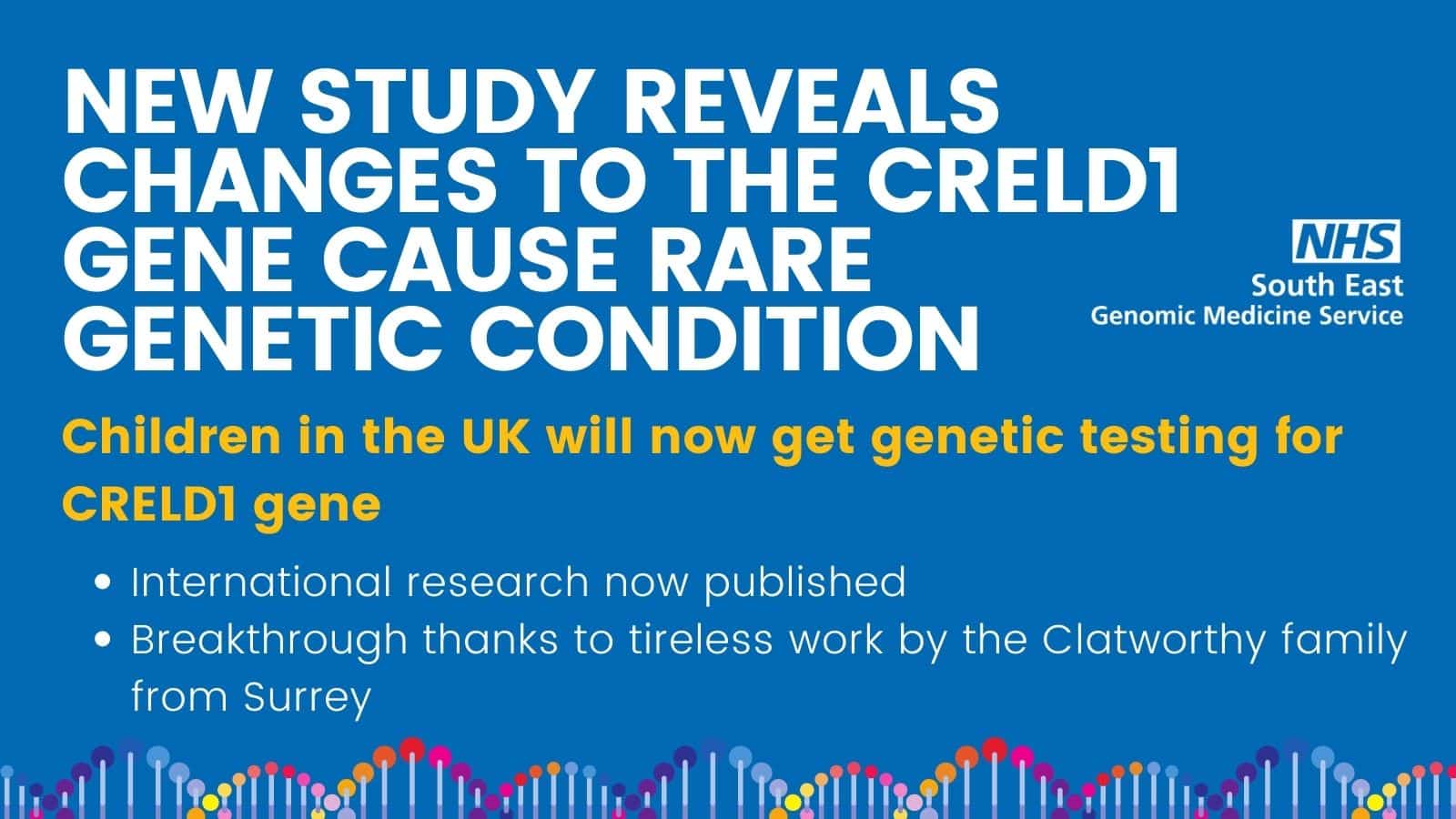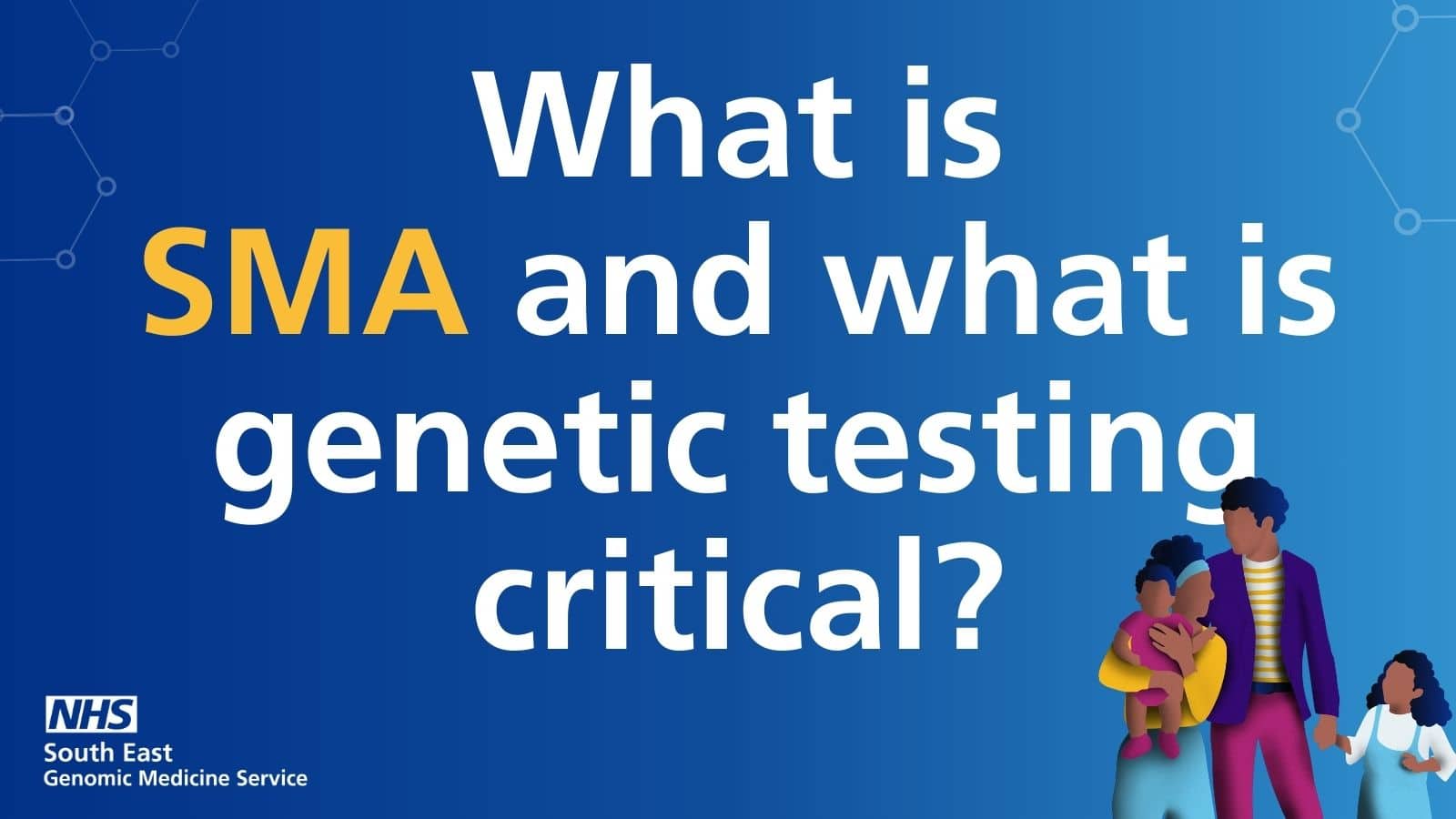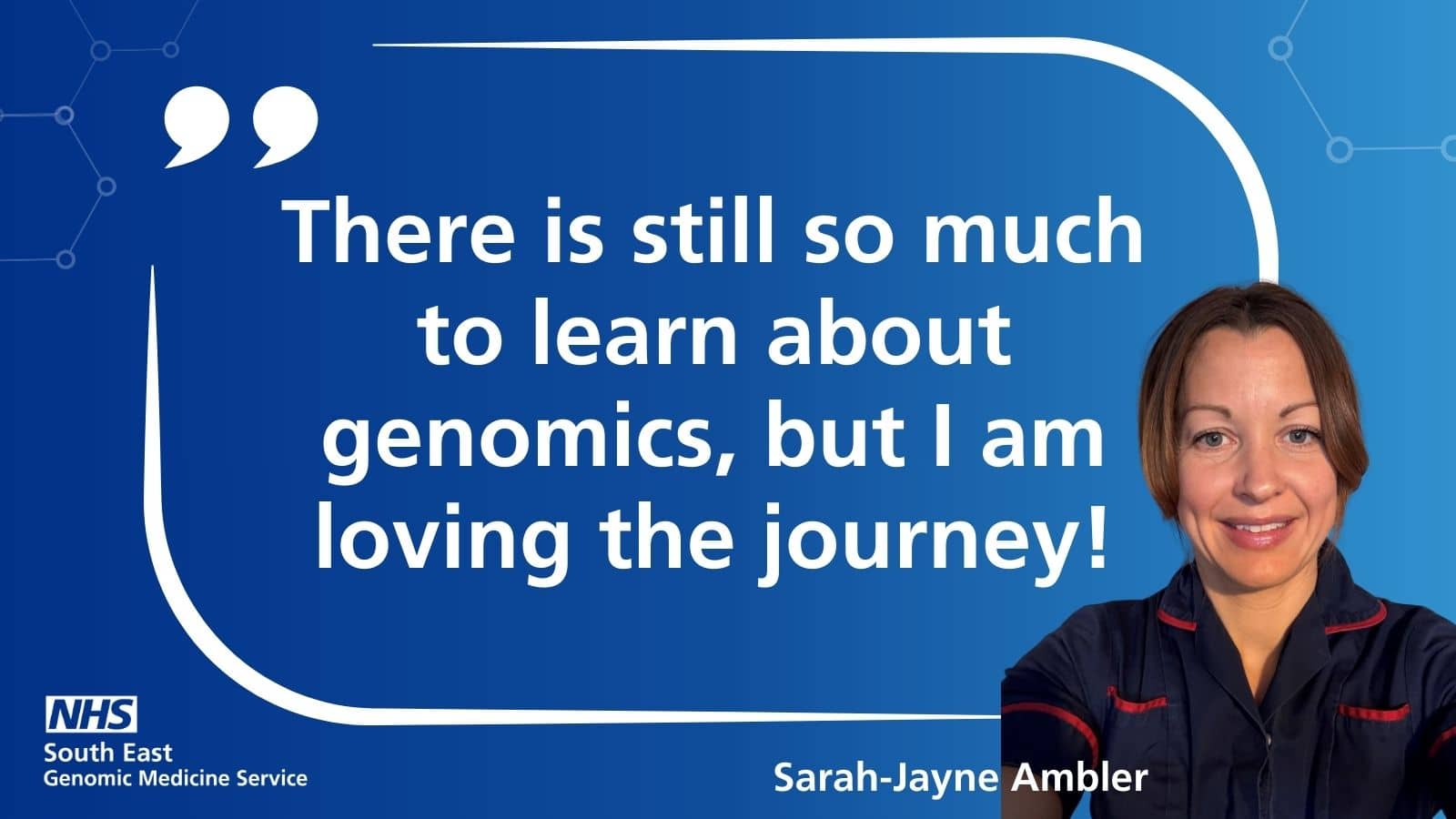Ground breaking discovery will offer answers for many families whose children have an undiagnosed genetic condition

“Like many desperate parents, I became an FBI investigator. Thanks to social media, I found some answers”
- New study reveals changes to the CRELD1 gene are the cause of an extremely rare genetic disorder
- Children in the UK will now be able to get genetic testing for the condition on the NHS
- The discovery is thanks to the tireless work of the Clatworthy family from Surrey
New international research has revealed the cause of a rare genetic condition which until now had never officially been diagnosed in the UK.
Called CRELD1, only 20 children in the world have been diagnosed, but now more families will be able to get genetic testing to understand if they too have the condition.
CRELD1 stands for Cysteine Rich with EGF Like Domains 1. It’s a protein coding gene and new evidence can now prove that any changes to that gene cause an extremely rare genetic disorder. These changes trigger a wide range of complications including heart issues, seizures, respiratory issues and neuromuscular complications. There is no known cure.

Today’s discovery is thanks to Adam and Jess Clatworthy from Surrey who have worked tirelessly to understand why their daughter Lola was having unexplained seizures.
They have been part of the research study with Yale University School of Medicine, GeneDx and several UK Clinical Geneticists including Professor Sanjay Sissodiya from University College London and Dr Frances Elmslie from St. George’s Hospital in London. Their full findings have been published here.
“Lola had her first seizure when she was just three months old. She was failing to hit her developmental milestones, was struggling with feeding and quickly started experiencing upwards of 80 muscular twitches a day. We had no idea what was going on and nor did the doctors.”
Adam and Jess spent the next two years in and out of hospital asking questions that no-one could answer. Multiple tests, including ECGs, EEGs, MRIs and genetic testing, both on the NHS and privately, didn’t offer any new information either.
“Once they finally confirmed that Lola was having seizures, we tried a whole range of anti-epilepsy medications, but nothing worked. Lola was struggling to feed and develop and she was having so many seizures every day. Like many parents, I became an FBI investigator. I turned to social media and joined many epilepsy groups in the hope of finding some answers.”
By pure chance, a mum in Canada responded to Adam’s Facebook post because she recognised the seizure symptoms in her own son. Her son had a very rare condition called CRELD1.
“We quickly established many similarities in our children’s symptoms and experiences. This proved to be a far more reliable source of intel than what we gathered from any of the clinicians. We requested for Lola to be tested for CRELD1, but without any medical literature connecting CRELD1 to epilepsy, it wasn’t treated as significant information.”
Adam and Jess kept talking to the mother in Canada, convinced there was a link, but they continued with their investigations into Lola’s struggles. Without a diagnosis, and with no indication that Lola’s condition was genetic, Adam and Jess had a third child, this time a little boy called Alfie.
Four days after Alfie was born, Lola passed away in her sleep from SUDEP, a tragic outcome for many children diagnosed with severe epilepsy. Whilst grieving for Lola, they also realised that Alfie, although stronger than his sister, also had the same symptoms. He had his first seizure at three months old.
“History was repeating itself. We were still in the same nightmare. We again asked our geneticist to test for variations in the CRELD1 gene.” Both Lola and Alfie were found to have the CRELD1 variation. They were the first children in the UK to be diagnosed with CRELD1.
“Whilst this diagnosis has simply turned our lives upside down, we have found an incredible community of inspirational families from across the U.S, Canada and UK that are all caring for children with CRELD1. These families give us hope, ideas, love and support. The diagnosis has enabled that to happen.”
Talking about the discovery, Dr Frances Elmslie, Clinical Director of the South East Genomic Medicine Service said, “There is still so much that we don’t know about our genes. When I first met Lola and her family, we didn’t have the answers but thanks to research and families like Adam and Jess we are making new discoveries and learning more every day so that we will have more answers for more people.”
Adam & Jess have set up a website called CRELD1 Warriors to connect with other families like them. One day they hope to start a charity to enable research into the condition.


